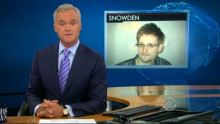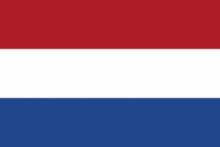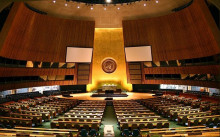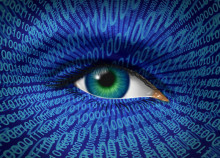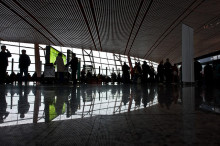Tim Berners-Lee: Spies' cracking of encryption undermines the web
Tim Berners-Lee is known as the gentle genius with the mild touch, a man who is strikingly modest despite having created one of the epochal inventions of the modern age, the world wide web. But get him on the subject of what the National Security Agency and its British equivalent, GCHQ, have been doing to crack encryption used by hundreds of millions of people to protect their personal data online, and his face hardens, his eyes squint and he fumes.
















































